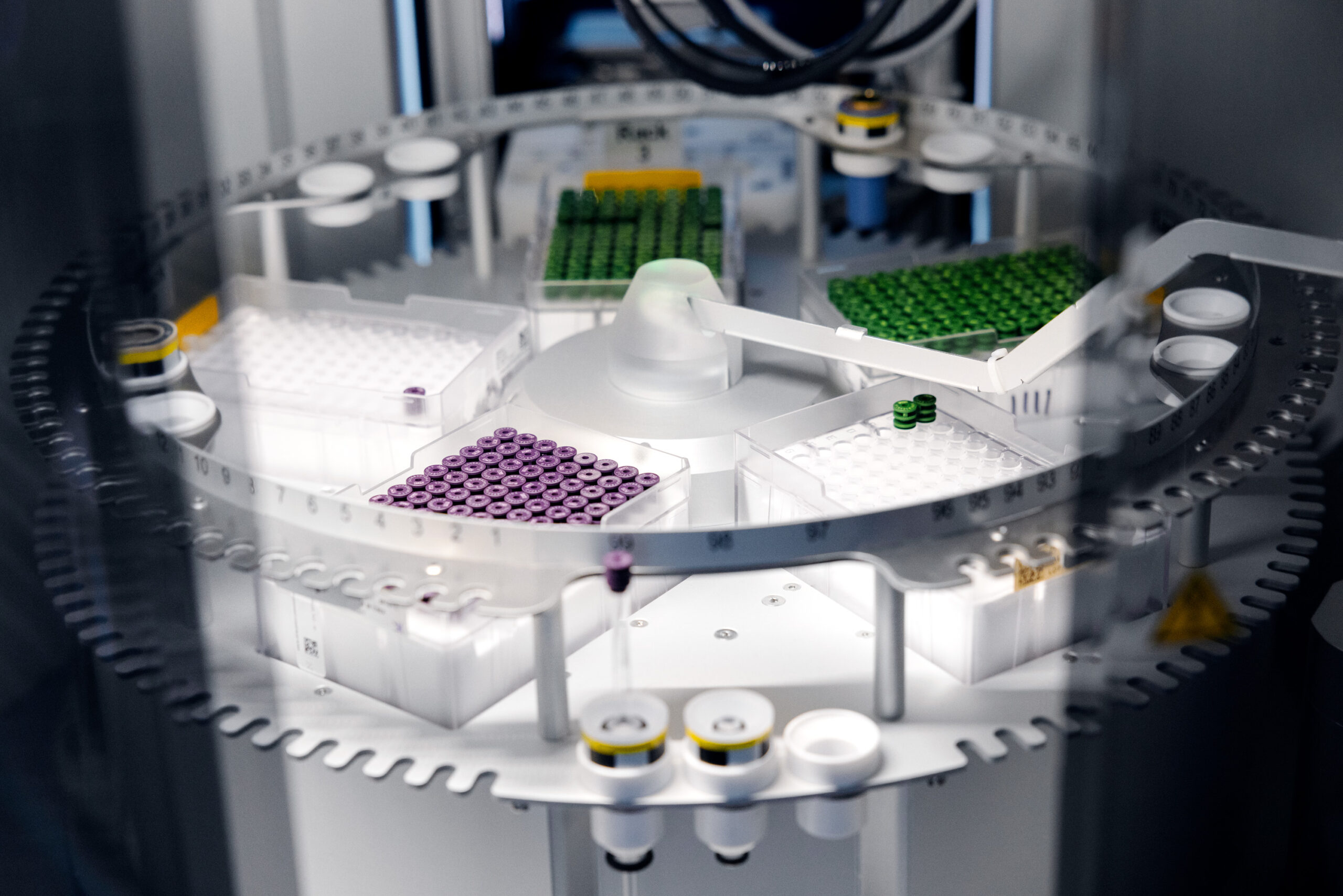Finland’s largest health service company Suomen Terveystalo Oy (“Terveystalo”), has renewed its health checks and integrated Nightingale Health’s blood analysis technology into regular health checks in occupational health. The renewal has come into effect for Terveystalo’s occupational health customers throughout Finland. Terveystalo has the exclusivity to act as Nightingale Health’s private healthcare provider partner in Finland.
Nightingale Health and Terveystalo announced in August 2023 that Terveystalo is adopting Nightingale Health’s blood analysis technology in regular health checks in occupational health. The parties have worked together the past months to integrate Nightingale Health’s disease risk assessments and diagnostic blood values into the daily work of Terveystalo’s occupational health doctors, nurses, and laboratories. Nightingale Health has built a logistics network and result delivery capability to serve Terveystalo locations across Finland, covering 1,200 kilometers while securing a turnaround time that adheres to healthcare response times.
Terveystalo is Finland’s largest occupational health service provider, and it offers occupational health services to more than 27,000 companies and other organizations. Its occupational health services cover approximately 700,000 employees, a significant proportion of Finland’s total workforce. Terveystalo provides health and well-being services at over 370 clinics across Finland.
Nightingale Health’s blood biomarker-based risk assessments can detect disease risks for several common chronic diseases from a single blood sample with a single test. The renewed health check offered by Terveystalo covers the following eight common chronic diseases:
- myocardial infarction;
- cardiovascular disease;
- type 2 diabetes;
- liver fibrosis and cirrhosis;
- chronic kidney disease;
- COPD;
- lung cancer; and
- alcoholic liver disease.
Teemu Suna, CEO and Founder, Nightingale Health:”Nightingale Health’s technology brings traditional health checks to a new era. Never before has it been possible to identify health risks as broadly, reliably, and easily. When a comprehensive risk assessment can be made available for everyone as part of regular health checks, the possibilities for disease prevention improve significantly. This way, we can improve the effectiveness of healthcare and offer better opportunities to live healthily for longer. We are proud to build the future of healthcare together with Finland’s leading health service company Terveystalo.”
Ilse Rauhaniemi, M.D., Specialist in Occupational Health, Regional Head of Occupational Health, Terveystalo Plc:
“Some of our occupational health customers have already had the opportunity to explore the disease risk assessment, as we launched the renewed health checks in selected locations already in November. Both our customers and occupational health professionals have warmly welcomed the renewed service. For our customers, the blood sample collection is effortless, and the visit to the laboratory does not differ from the usual. However, from a routine blood sample, Nightingale Health’s technology provides more information, which is clearly presented as a risk of disease for eight critical lifestyle-related diseases. The risk report is not about the diagnosis or screening of diseases, but about assessing the risk of disease based on the concentrations of metabolic markers. The disease risks are always discussed with a healthcare professional so that the risk assessment does not cause unnecessary worry.
Our professionals, in turn, appreciate that the report includes diseases whose risk can be assessed with the new analysis at least as reliably as with previously used risk assessment tools and these risk assessments are obtained more easily and comprehensively. In addition, the risk assessment only includes diseases whose risk can be influenced by lifestyle.
The risk report helps the patient to understand the importance of lifestyle in disease risk, motivates for lifestyle changes, and can be used to monitor the effects of these changes. Prevention of diseases is more cost-effective than treatment and, as the working-age population shrinks, also of significant societal importance.”



